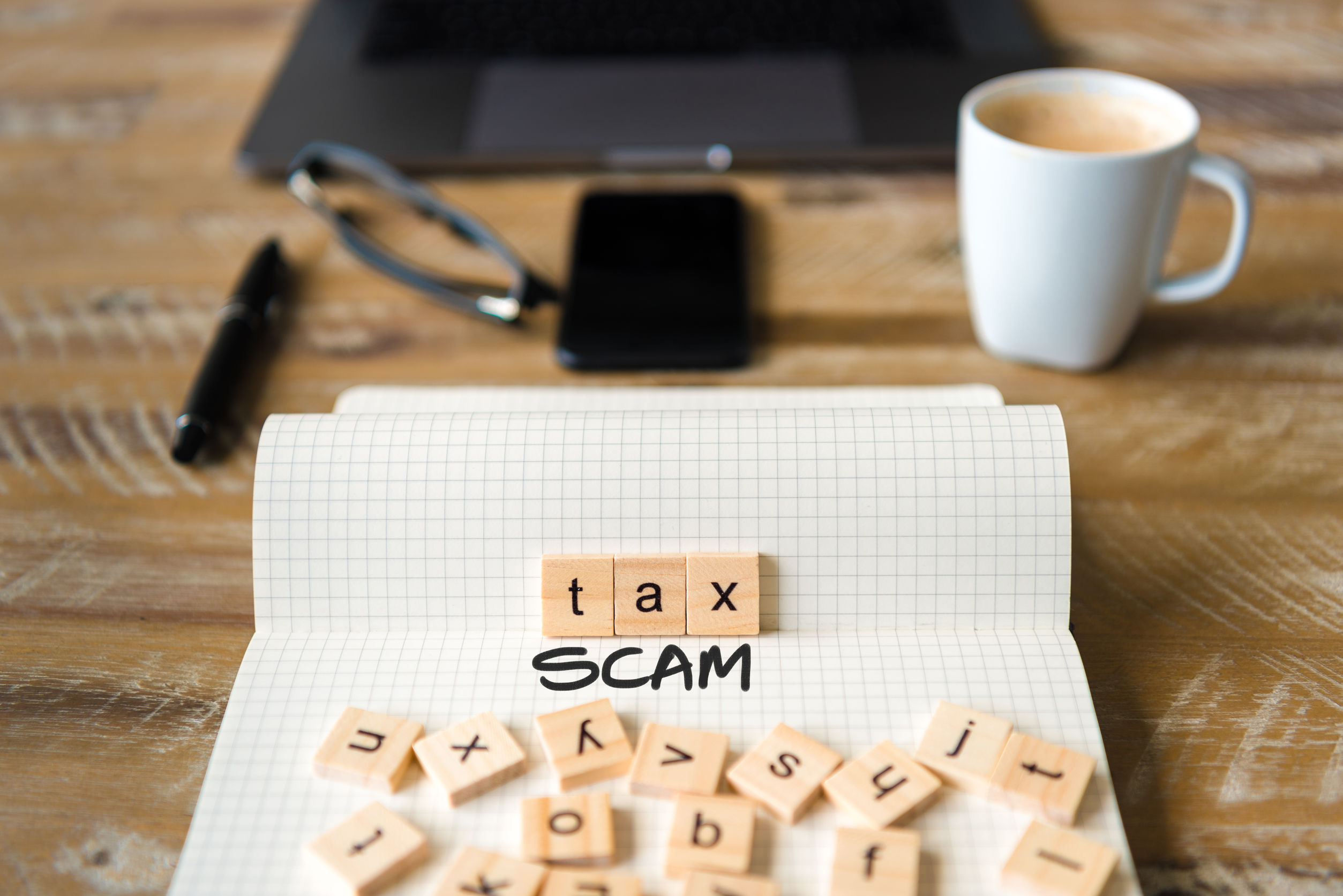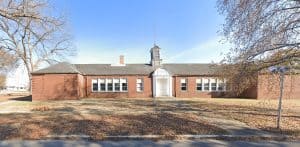Noelle Friese is excited for her children in the homeschool she runs with her husband.
After moving to Kansas a year ago with her husband Mathew, who is the pastor of First Southern Baptist Church, in Coffeyville, the children will be able to take part in sports and activities with public school students thanks to a new law just passed by the Kansas Legislature. Students in nonpublic schools will have an opportunity to play sports or take part in any Kansas State High School Activities Association sanctioned activities, such as debate or forensics, in the coming school year if they are residents in the district.
“We’ve lived in Alaska and Wisconsin, and any other state that we’ve lived in, our kids have been able to participate in the public school sports,” Friese said. “And so we just thought that was something that happened everywhere.”
The Frieses still have three children at home, ages 13, 11 and nine, and were stunned to find out that simply wasn’t the case.
“When we moved down the first summer we were here, my 13 year old; our son went to all of the conditioning for football and was told that he could play,” she said. “They knew we homeschooled and when we went to pick up our uniforms, a different coach said ‘well, no you can’t play.”
Friese said she was directed to KSHSAA and told that was, in fact, the rule.
That all changes next year. House Bill 2030, which was folded into Senate Bill 113, authorizes “nonpublic school students” who meet eligibility requirements to participate in any KSHSAA-sanctioned events.
The school district board of education may require a nonpublic school student who participates in an activity to enroll or complete a particular course as a condition of participation, if such requirement is imposed upon all other students who participate in such activity. Under the bill, KSHSAA could not prohibit any such student from participating in any activity available to such student as part of the student’s primary enrollment and attendance at a nonpublic school.
KSHSAA will likely be discussing implementation of the bill later this week.
Opponents cry ‘end of high school sports’
Opponents of the bill came out in force, citing largely the same talking points.
Multiple opponents, including Ann Mah, of the Kansas State Board of Education, Larned Superintendent of Schools Bryce Wachs, Jamie Finkeldei the associate superintendent of the Catholic Diocese of Wichita and the president of the Kansas Association of Independent and Religious Schools (KAIRS), and state PTA President Patty Jurich, came out strongly against the bill, often using very similar language.
They all said the bill would bring “unintended” potential for “misuse” and suggested parents would game the system to keep kids who were failing from being declared ineligible by pulling them out of school.
“Public school students who have not been allowed to participate in activities because of failing academic grades will now be able to simply withdraw from the public school to attend a nonpublic school …” Mah wrote. A sentiment which was echoed in multiple other testimonies.
“Our schools have a policy that if a student is failing two or more classes they are ineligible for a week and then put on a week-to-week contract, which allows them to compete if they keep their grades up, but ineligible if their grades slip,” Finkeldei wrote. “There is no doubt in my mind that there are parents who, when faced with that scenario, will pull their kids from school to “homeschool” them and they will no longer be failing any classes.”
None of the opponents, however, cited any examples from the 30 other states which allow homeschool students to participate in public school activities.
KSHSAA Executive Director Bill Faflick testified against the measure. He cited fairness issues, although KSHSAA has been inconsistent in its determination of fairness in the past. KSHSAA supported a handicapping system to make it more difficult for private schools to win state championships, saying it wasn’t fair that private schools win a disproportionate number of championships. On the other hand, KSHSAA did not take a position on legislation to level the playing field for biological girls who have to compete against transgender biological boys.
Opponents also pushed back, pointing out that “nonpublic schools,” do not need to be accredited in Kansas — although many private schools are and many homeschoolers use curricula that are accredited — and claimed this was not needed as Wachs said “non-accredited students have an equal opportunity to compete on and form teams, and can become KSHAA approved to compete against KSHAA schools.”
This, however, according to State Rep. Kristey Williams, flies in the face of reality.
Williams noted that some homeschool leagues exist, but in many rural public school districts there are simply not enough students to form such a league.
Moreover, Williams said this bill will allow some very small schools who might not otherwise be able to compete to do so.
“We have some very small rural schools that don’t have enough students in their public school to form a team so they have associated with homeschool students, only to find out … it will disallow them from competing in postseason play,” Williams said in a phone interview. “Some public schools are very resistant to this, because for them, it’s perhaps it’s the gateway, maybe something that entices families to choose the public school. However, I actually think it goes both ways. I think it makes your school system stronger by including others. I think it makes your community stronger. It creates connections between all families and all students. So I think it’s a win-win for our public schools, home schools and private schools.”
Friese agreed.
“We have actually had administrators from schools agree,” she said. “It’s a whole group of kids and families that the schools are missing out on when the kids are not allowed to participate in sports.”




